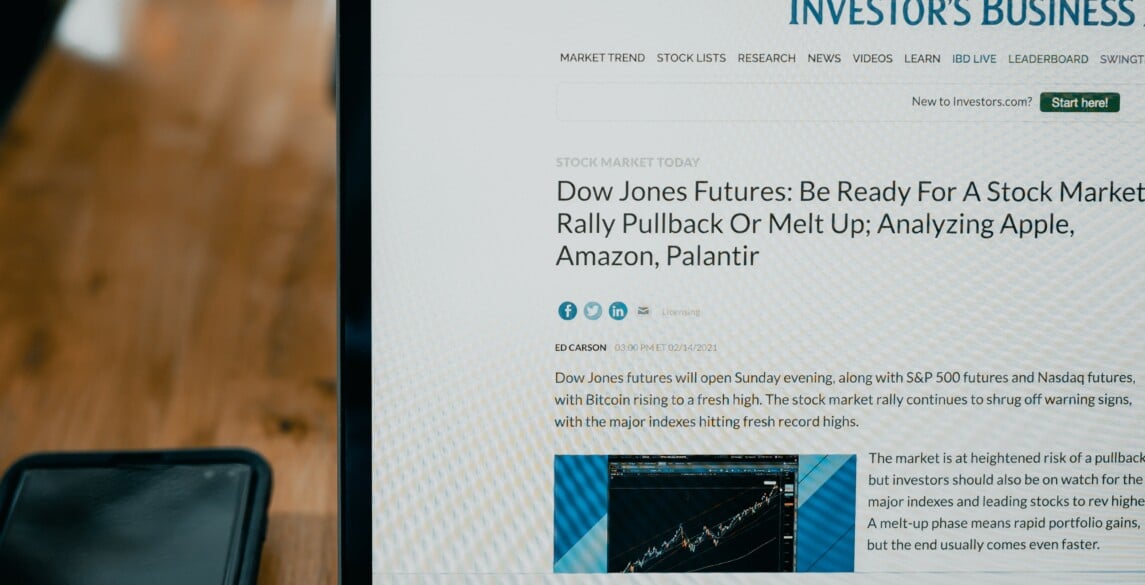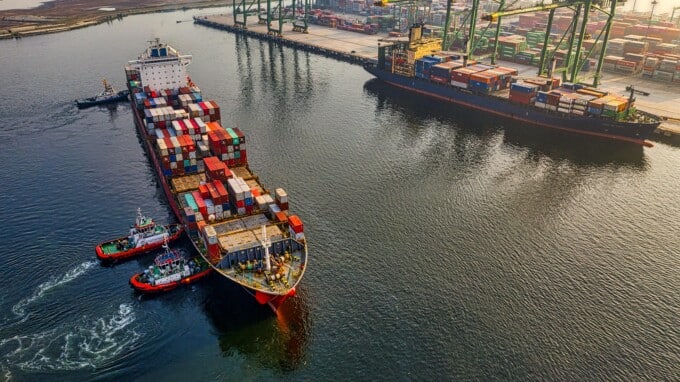Key Trends Impacting the Global Economy in 2023
The issues shaping the global economy are rooted in leveraging technology to enhance collaboration, drive efficiencies, and build resiliency so businesses are prepared for future challenges such as aging populations and regulatory constraints.

The global economy is constantly evolving, shaped by macro trends impacting businesses, governments, and individuals alike. This year has been no exception. The issues shaping 2023 are rooted in leveraging technology to enhance collaboration, drive efficiencies, and build resiliency so businesses are prepared for future challenges such as aging populations and regulatory constraints.
Digital Transformation & Cybersecurity Risks
Digital transformation has been an ongoing trend for years, but in 2023, it is reaching new heights. COVID-19 propelled tech advancements forward, driving businesses and governments to expedite their adoption of new technologies. From remote work and e-commerce to fintech and digital currencies, these advancements continue to evolve the way in which international companies conduct business.
However, with these opportunities come challenges such as cyber threats, necessitating continual investments in cybersecurity and heightened data infrastructures. Not taking preventative measures to protect your company’s data carries significant financial risks. In 2022, there was nearly half a billion ransomware attacks worldwide, with the average data breach costing a company $4.35 million.
Workforce Evolution and Automation
Arguably one of the biggest trends this year has been automation and artificial intelligence (AI), specifically their potential for changing the nature of work. One study estimates that AI could contribute up to $15.7 trillion to the global economy by 2030. While these technologies enhance productivity and efficiency, they also raise concerns about job displacement. Upskilling and reskilling remain essential to adapt with this changing landscape. Global institutions of all sizes must collaborate to prepare workers for the future.
Demographic Shifts and Aging Population
Many countries are experiencing significant demographic changes, fueled by declining birth rates and aging populations. This presents notable challenges to economies, as a shrinking workforce can lead to slower economic growth and an increased strain on safety net programs. There are a variety of steps companies can take to lessen the impact this could have on their operations, such as:
- Health and wellness programs: Implement wellness initiatives to support the health and well-being of older employees. This can include access to healthcare resources, fitness programs, and stress-reduction initiatives.
- Succession planning: Develop a robust succession plan to identify and prepare potential successors for key positions. This planning helps ensure a smooth transition when older employees retire or move on to different roles.
- Age-inclusive policies: Review company policies to ensure they are age-inclusive and be mindful so as to not inadvertently discriminate against older employees. Promote diversity and inclusion in the workforce, fostering an environment where employees of all ages feel valued.
- Intergenerational teamwork: Encourage collaboration and teamwork across different age groups. By blending the strengths of younger and older employees, businesses can benefit from diverse perspectives and problem-solving approaches.
- Phased retirement options: Offer phased retirement programs that allow older employees to gradually reduce their work hours or responsibilities as they approach retirement. This can ease the transition for both the employee and the company alike.
Resilience and Adaptability in Supply Chains
The pandemic exposed vulnerabilities in global supply chains, leading to disruptions in the flow of goods and materials. In response, businesses and governments are re-evaluating supply chain strategies to enhance resilience and reduce risks. This trend has led to more local production, more diversified supplier networks, and more comprehensive risk assessments. There also continues to be a growing emphasis on sustainability practices within supply chains to boost resiliency, reduce costs and be better prepared to adapt to changing regulatory requirements.
***
The global economy is constantly evolving, driven by trends such as those outlined here. Embracing digital transformation, sustainable practices, and adaptability will be crucial for businesses and governments to thrive in the ever-changing economic landscape.
When done right, global mobility allows workers and companies to prosper across the globe. These ventures carry many variables that must be tracked and accounted for to ensure a successful assignment and the safety and well-being of those employees working abroad. Hilldrup specializes in global mobility programs that reflect the unique needs of employees and support their employer’s responsibility to duty of care. Contact us today!


